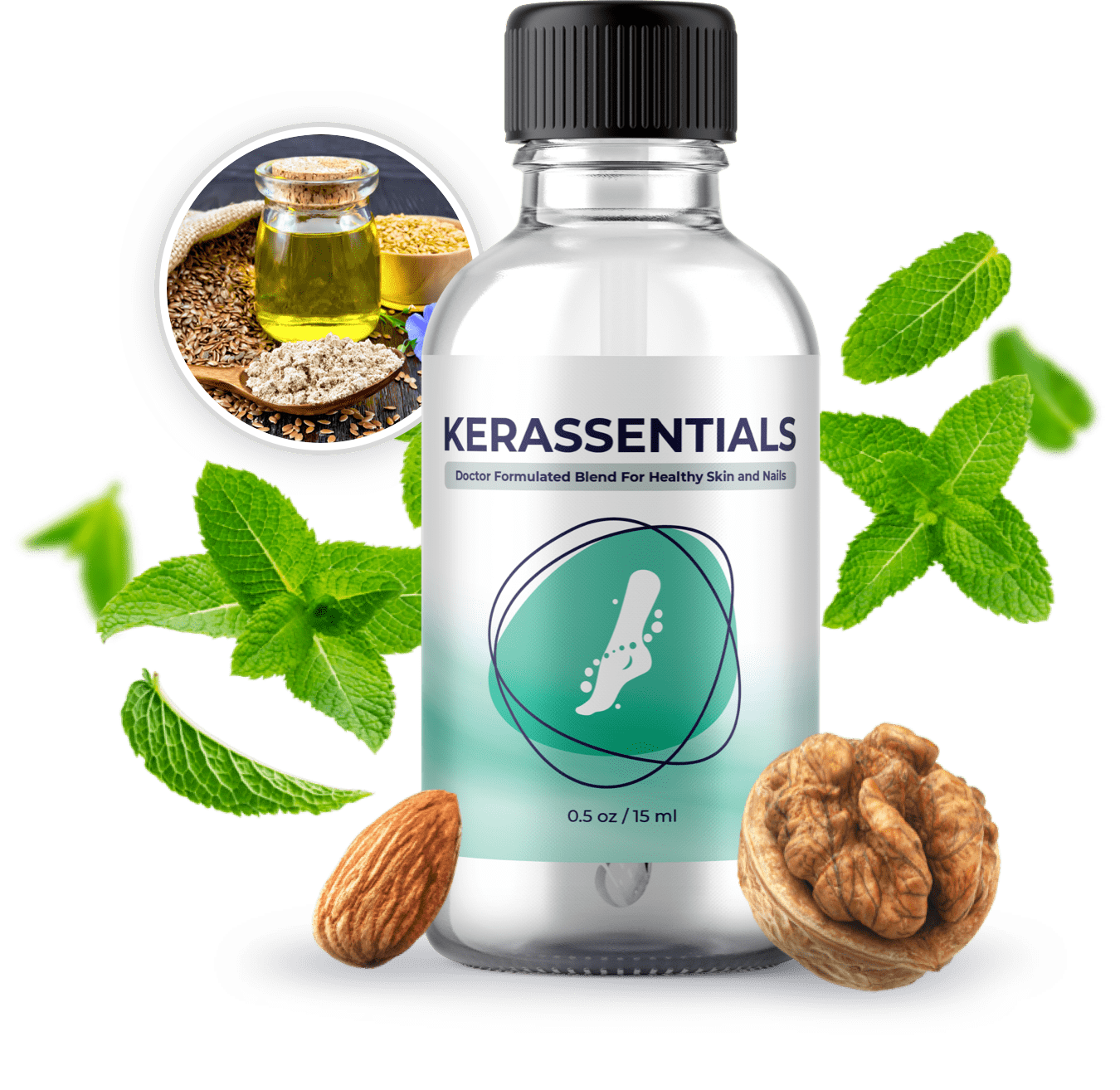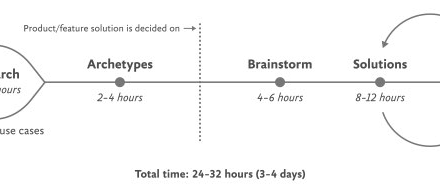Here’s how to do it right.
It’s perfectly normal to experience a certain level of stress and/or anxiety throughout the day. In fact, it’s a natural human reaction to threatening or worrying situations that helps keep you safe and away from danger—otherwise known as your fight-or-flight response.
But when unforeseen circumstances arise, causing the combination of stress and anxiety to bubble over and impact your day-to-day activities, Uma Naidoo, MD, a Harvard-trained nutritional psychiatrist and the author of Calm Your Mind With Food, says it’s important to take note when symptoms begin to impact your daily life. To that end, Dr. Naidoo says there are simple lifestyle habits you can adopt that can help keep stress and anxiety at bay—starting with stocking up on stress-fighting foods and bevs.
7 delicious stress-fighting foods (and drinks) to stock up on
1. Green Tea
Aside from water, green tea is a popular drink of choice among health professionals for many reasons. Most notably, it’s packed with the amino acid L-theanine, which Dr. Naidoo says has been scientifically proven to reduce levels of stress and anxiety.
What’s more, green tea contains potent polyphenols that support brain health by helping reduce inflammation. “Its leaves are incredibly rich in antioxidants and a catechin called epigallocatechin-3-gallate (EGCG). EGCG has powerful anti-inflammatory properties that can reduce the risk of neurodegenerative diseases with age,” Dr. Naidoo says.
2. Spices
According to Dr. Naidoo, incorporating more anti-inflammatory spices into your meals is one of the easiest ways to curb anxiety through food. Her favorites? Turmeric (paired with black pepper), cinnamon, ginger, and saffron. “All of these are loaded with micronutrients that help to reduce inflammation to boost brain health and improve mental fitness,” Dr. Naidoo says.
Best part? You likely already have many of these already in your collection, especially after the holiday baking marathon season has wrapped.
“When it comes to black tea, I love a spicy masala chai, which nods to my South Asian roots. Made from a base of polyphenol-rich black tea with invigorating cinnamon, inflammation-fighting cloves, calming cardamom, and warm ginger…it’s heavenly.”
—Uma Naidoo, MD, nutritional psychiatrist and author of Calm Your Mind With Food
3. Masala Chai
Now that you’re stocked up on all those spices, Dr. Naidoo says to make yourself a delicious mug of masala chai—stat. Traditional to India, chai tea is a black tea brewed with a mixture of spices—most commonly cinnamon, cloves, cardamom, black peppercorn, and ginger.
“When it comes to black tea, I love a spicy masala chai, which nods to my South Asian roots. Made from a base of polyphenol-rich black tea with invigorating cinnamon, inflammation-fighting cloves, calming cardamom, and warm ginger, and often topped with a splash of rich hemp milk… it’s heavenly,” she says.
4. Golden Milk Turmeric Latte
Another creative way to incorporate these stress-relieving spices into your daily routine is by sipping on Dr. Naidoo’s five-ingredient mood-boosting golden milk turmeric latte recipe. It features powerful “brain-food” ingredients such as almond milk, turmeric powder, raw honey, grated nutmeg, and a pinch of freshly-ground black pepper.
View this post on Instagram
5. EVOO and Avocado Oil
Holiday meal prep may have meant buying cooking oil in bulk. Now that you likely have tons leftover, Dr. Naidoo says they’re the perfect ingredients to use in your arsenal of ingredients that support healthy brain function. “Extra virgin olive oil and avocado oil are rich in monounsaturated and omega-3 polyunsaturated fatty acids, which help support healthy brain tissue and reduce neuroinflammation.”
6. Lavender Tisane
Caffeine trigger your anxiety? Tisanes, aka herbal teas, can help. Dr. Naidoo recommends a combination of lavender, hot water, and a bit of fresh mint or lemon juice (both optional) for a soul-soothing drink. “While lavender oil is a known scent used to help create a calm feeling, dried lavender can be easily made into a delicious tea. Lavender has also been researched for exhibiting both a calming and a neuroprotective effect,” Dr. Naidoo says.
7. Assorted Veggies
Feeling stressed? Dr. Naidoo says eat your veggies. “Many holiday meals include lots of veggie side dishes that you will likely have leftovers of. I love adding leftover roasted veggies to a leafy green salad or mixing into a veggie frittata,” she says. The key? Choosing a wide assortment of ’em .”This helps optimize the variety of vitamins and minerals we get while also providing plenty of polyphenol antioxidants and fiber which both help to reduce neuroinflammation associated with anxiety.”
“Extra virgin olive oil and avocado oil are rich in monounsaturated and omega-3 polyunsaturated fatty acids, which help support healthy brain tissue and reduce neuroinflammation.”
Staying in tune with your body is key—as is noting that stress-fighting foods are not a cure-all
According to Dr. Naidoo, managing stress and anxiety is highly nuanced for each individual. As such, the best way to tell whether or not these calming foods and drinks are actually working is by closely observing how they make you feel, as opposed to the way you think they should make you feel. “A pillar in nutritional psychiatry is paying attention to body intelligence, so making sure the effect is calming and not making you feel more anxious is key here,” she says.
Common stress-and anxiety-related symptoms (and how to tackle them accordingly)
- Stress-related gastrointestinal issues: If your stress is causing GI-related symptoms, Dr. Naidoo recommends adding fermented foods into the mix, such as plain dairy or plant-based yogurts, sauerkraut, kimchi, miso, and kefir. “They are naturally rich in live cultures—good bacteria—that can help balance the microbiome and ease digestive discomfort.”
- Anxiety-driven acid reflux: Increasing fiber consumption can help, Dr. Naidoo says. “Fiber is naturally found in vegetables, whole grains, berries, nuts, and seeds, that can help absorb excess acid before it starts to creep up the digestive tract.” Additionally, the nutritional psychiatrist notes that fiber also acts as a prebiotic, in that it feeds the good bacteria in the gut for a healthy microbiome that will more optimally digest food. Since the gut-brain connection is so strong, a healthier gut is correlated with cognitive functioning.
At the end of the day (slash holiday season), to reap the benefits of these relaxation-promoting foods and drinks, Dr. Naidoo says they should be consumed in conjunction with a well-balanced diet rich in phytonutrients, which decrease overall inflammation in the body and brain. With a little patience, you’ll be well on your way to finding what works best for you to stay calm, cool, and collected—particularly at every meal!
Recommended Story For You :
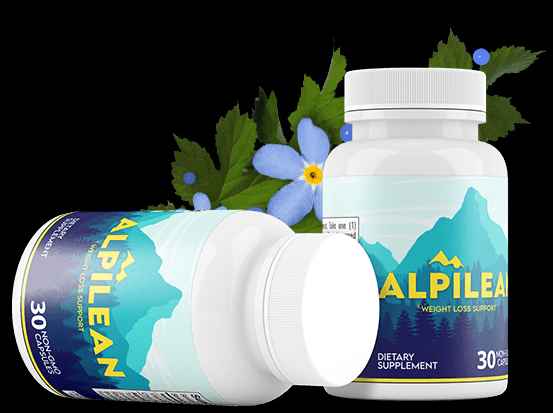
The alpine secret for healthy weight loss

The Most Potent Fast-Acting Formula For Incinerating Stubborn Fat

Real Cortexi Users Real Life‑Changing Results
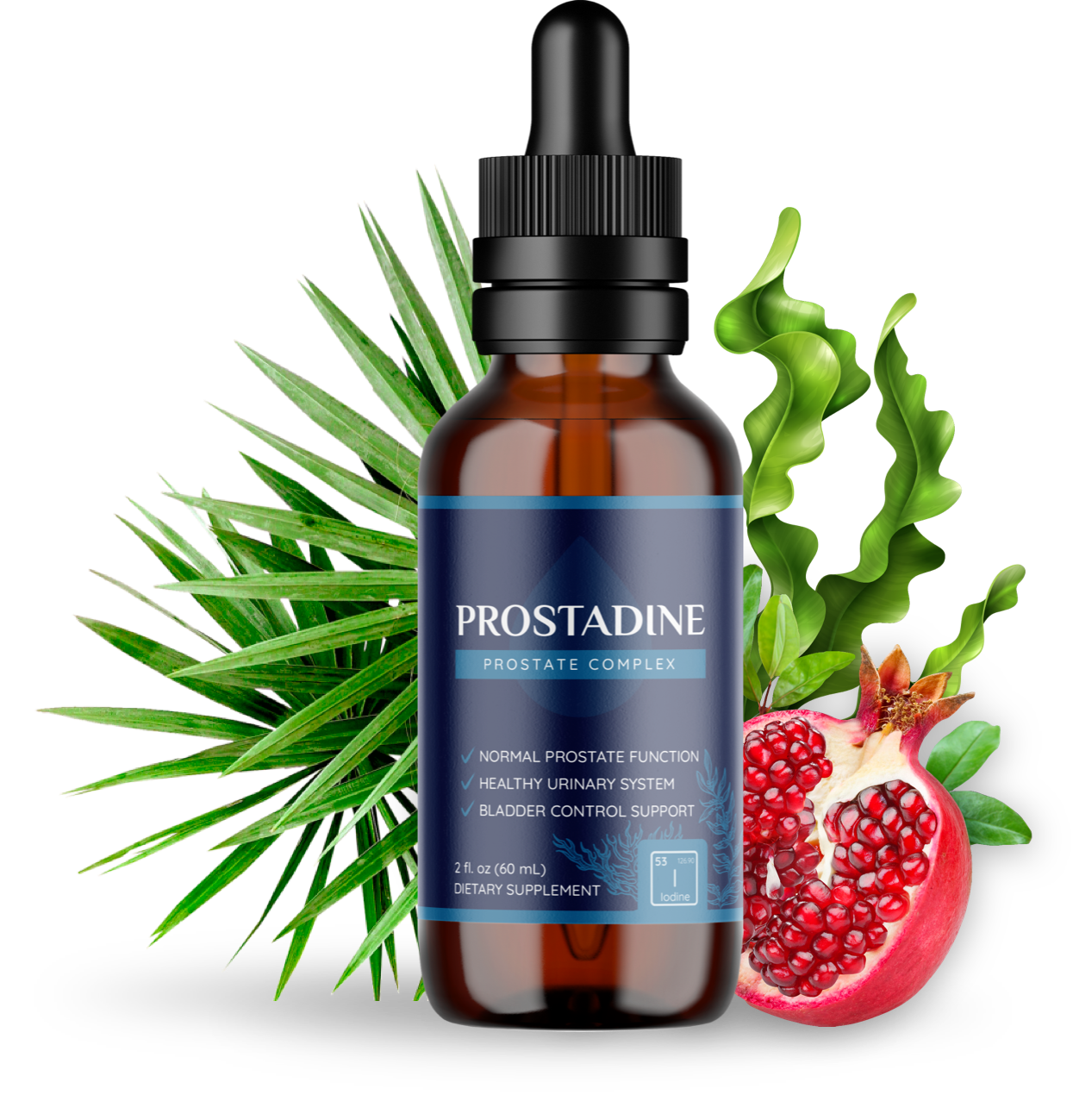
This Cold Drink Might Trigger Your Prostate
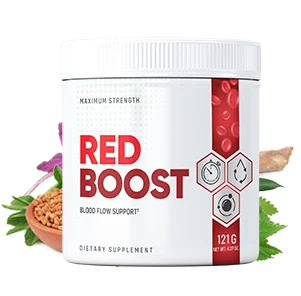
Red Boost is a powerful new formula for boosting male sexual health.
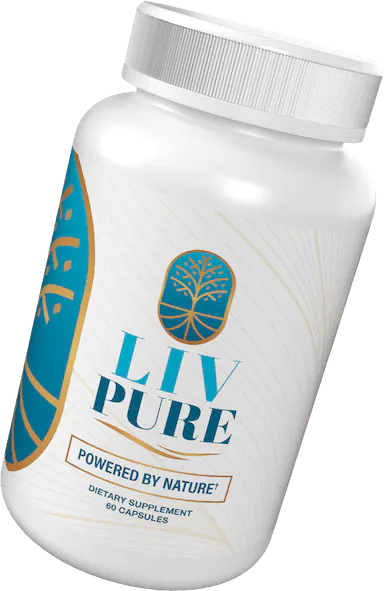
Everything you eat or drink eventually reaches your liver for processing.

Brand New Probiotics Specially Designed For The Health Of Your Teeth And Gums

Empowering You to Take Control of Your Blood Sugar Health!

Scientists Finally Discover the Root Cause of Belly Fat and Unexplained Weight Gain
